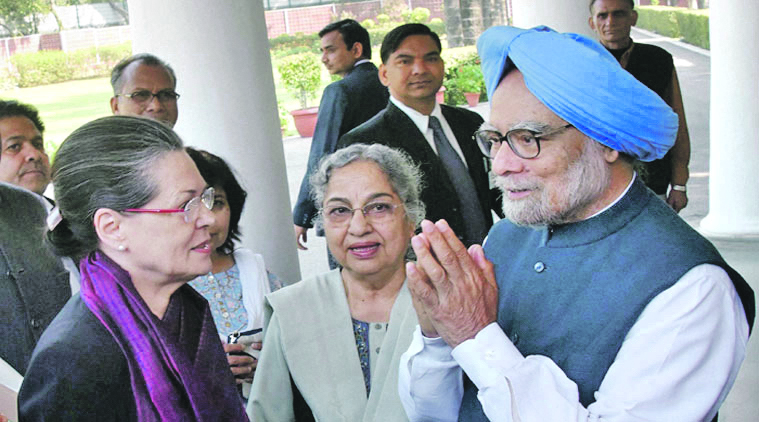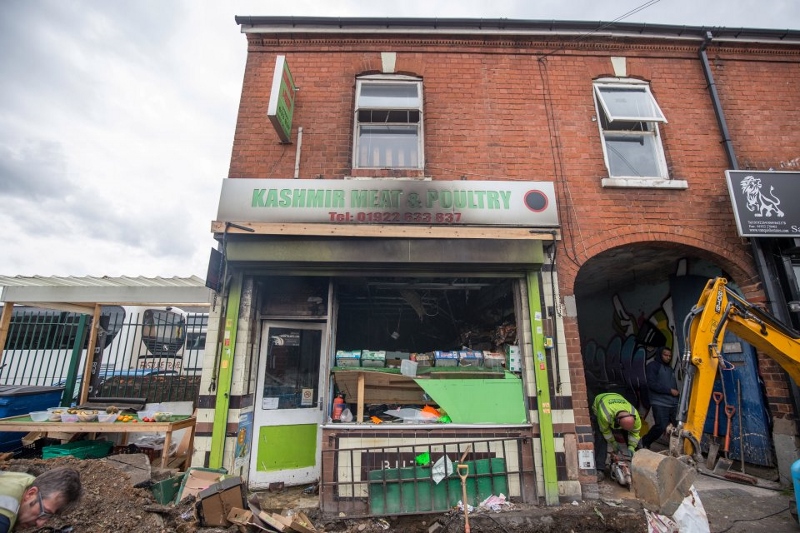
Over 100 people killed in the Himalayas this year alone
On Monday 26th September, India began a campaign to isolate Pakistan at the United Nations, informing the 193-member General Assembly that it was ‘time to identify nations who encourage and nurture terrorism and isolate them if they don’t join the global fight’.
External Affairs Minister, Sushma Swaraj, said the arrest of terrorist Bahadur Ali from Pakistan was ‘living proof of Pakistan’s complicity in cross-border terror’.
India has said Mr Ali confessed that he was trained by the Lashkar-e-Taiba militant group – known for fighting against the Indian control in Kashmir.
Ms Swaraj said to the gathering of world leaders at the UN on the final day: “When confronted with such evidence, Pakistan remains in denial. It persists in the belief that such attacks will enable it to obtain the territory it covets.
“My firm advice to Pakistan is: abandon this dream. Let me state unequivocally that Jammu and Kashmir is an integral part of India and will always remain so.”
India accuses Pakistan of being responsible for the 18th September raid on an army base in Kashmir earlier in the month.
The raid was one of the deadliest attacks in the Himalayan region that has been divided since 1947 and is why the rivalry between the two nuclear-armed neighbours is so intense.
Pakistan denies any role in the attack.
Indian’s Prime Minister Narendra Modi promised on Saturday to mount a global campaign to isolate Pakistan.
Last month, USA’s Secretary of State, John Kerry, urged Pakistan to join other nations in fighting terrorism.
Why are India and Pakistan clashing?
Kashmir
A large part of the India-Pakistan rivalry is spurred on from the fact that both countries control part of Kashmir in the Himalayas, whilst both claim to control all of it. The fight has been going on since 1947.
India doesn’t want to give up the region because it fears it will set off a dangerous pattern where other regions in India that are fighting for independence will break free from the country.
Pakistan claims the land because it is majority Muslim, like itself, and India claims the land because Kashmir’s Maharajah once pledged loyalty to India, although this was under duress.
September 18th raid
The violence in Indian-administered Kashmir killed 18 Indian soldiers.
A senior Indian army officer said that four commando-style gunmen, armed with AK-47 assault rifles and grenades, burst into the brigade headquarters in Uri in the early hours of the morning and were killed after a three-hour gunfight.
The incident raises fears of a potential military escalation.














